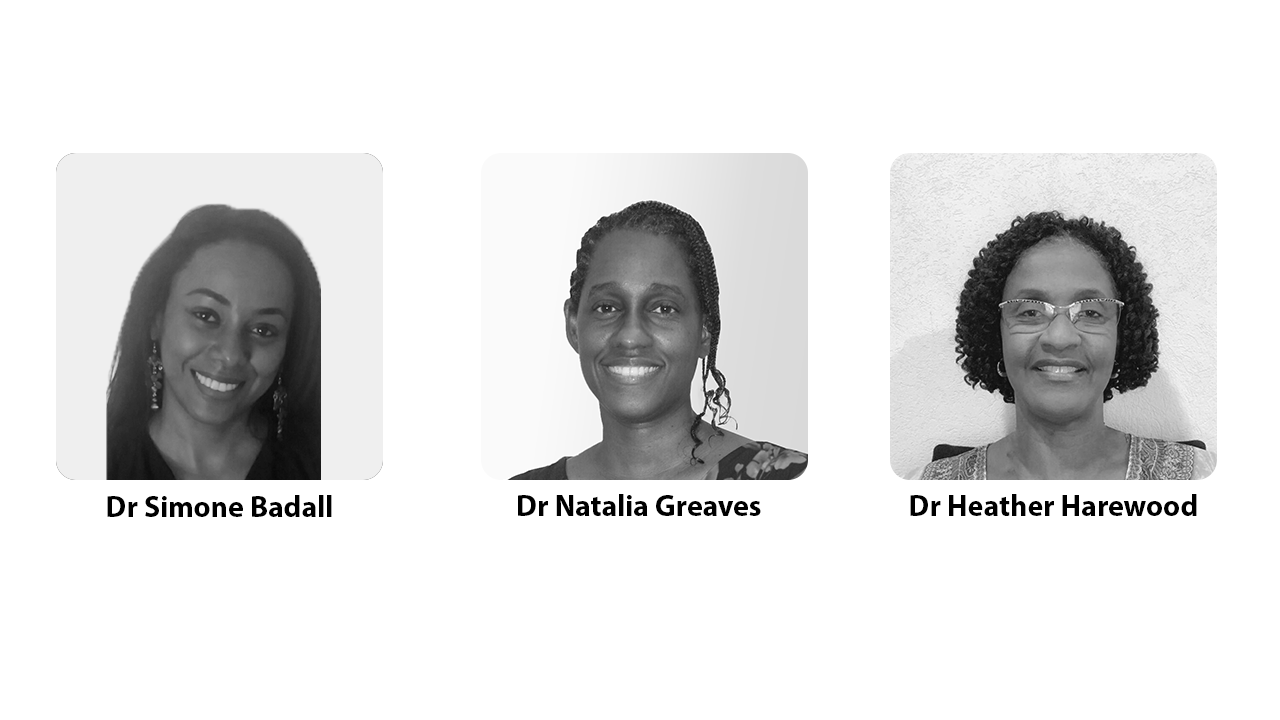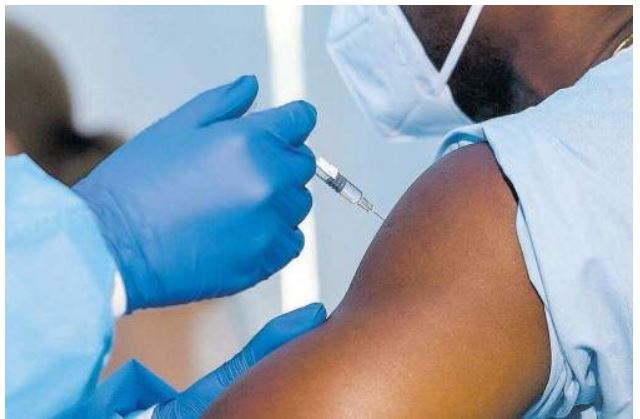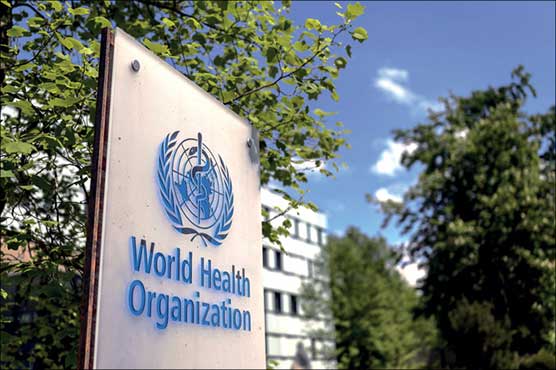By Desmond Brown
KINGSTON, Jamaica, Feb 16 2017, (ACP-IDN) – Efforts to end the HIV/AIDS epidemic in the Caribbean by 2030, in line with the Sustainable Development Goals (SDGs), received a much-needed boost from faith leaders across the region when they met from Feb. 1-2 in Port of Spain, Trinidad, to find ways to reduce and eliminate spread of the virus.
The Caribbean is one of the most heavily affected regions in the world, with adult HIV prevalence about one percent higher than in any other region outside sub-Saharan Africa.
The two-day conference, which was supported by the Pan Caribbean Partnership Against HIV and AIDS (PANCAP), the Global Fund to Fight AIDS, Tuberculosis and Malaria, and the AIDS Healthcare Foundation (AHF), brought together an estimated 55 religious leaders from 14 Caribbean countries, representing Christian, Muslim, Hindu, Bahá’í and Voodoo faiths.
The initiative was coordinated by the Planning Committee of Religious Leaders and PANCAP, and focused on the theme: Religious Leaders’ Contribution to the End of AIDS by 2030.
“Today we have the science to end this epidemic. What we lack is the social movement and will of communities. We need you in the faith community more than ever before. We know that religious organisations hold positions of trust at the centre of communities,” said Dr Luiz Loures, Deputy Executive Director of UNAIDS.
“This makes you uniquely positioned to provide services and support that extend beyond the reach of many public health systems. Through ongoing training and sharing, your capacity will be strengthened. UNAIDS is committed to supporting this process.”
Loures stressed that “as faith leaders, you have a powerful impact on the way communities think and act,” adding that their work to address stigma and discrimination in the wider community is critical.
“As you have affirmed during this consultation, HIV is a virus not a moral judgement. I urge all partners to collaborate and contribute based on our shared values relating to the inherent value of life, human dignity and compassion,” Loures said.
The HIV pandemic in the Caribbean is fuelled by a range of social and economic inequalities and is sustained by high levels of stigma, discrimination against the most at-risk and marginalised populations, and persistent gender inequality, violence and homophobia.
The main mode of transmission in the Caribbean is unprotected heterosexual intercourse – paid or otherwise. There is also a notable burden of infection among injecting drug users, sex workers and the clients of sex workers. Sex between men is also thought to be a significant factor in several countries, although due to social stigma, this is mainly denied.
The level of stigma and discrimination suffered by those infected and affected by the virus in the Caribbean helps drive the epidemic underground. This makes it difficult to reach many groups.
Participants at the Port of Spain meeting noted that the lessons learned from the successes of the AIDS response at the global level act as pathfinders for the 2030 Agenda for Sustainable Development (Agenda 2030), adopted by United Nations member states in 2015.
In setting out a Fast-Track approach to end AIDS, the UNAIDS 2016–2021 Strategy firmly acknowledges the need to root the HIV response in Agenda 2030, recognising the interdependence between HIV and the SDGs, from ending poverty (SDG 1) to promoting inclusive societies (SDG 16) and strengthening partnerships (SDG 17).
In their recommendations, the faith leaders endorsed the targets outlined in the 2016 UN High Level Political Declaration to fast-track the end of the AIDS epidemic by 2030. They agreed on the need to promote healthy living of people at all ages of the life cycle by placing emphasis on plugging the prevention gaps, stressing family values, age-appropriate sexual education, creative communication approaches and the dissemination of information to reach various audiences.
The delegates also called for the facilitation of best practices through the process for effective support and leadership in the area of treatment and care, paying particular attention to achieving the UNAIDS 90-90-90 targets for 90 percent of persons living with HIV (PLHIV) to know their status, 90 percent of those who have tested HIV positive to be on treatment and 90 percent of those on treatment to achieve undetectable viral loads.
They also called for particular attention to be paid to actions that address the reduction of violence against women, girls and adolescents and the inclusion of men and boys in this venture, and to secure sustainable technical and financial resources for programmes led by faith-based organisations (FBOs) through shared responsibility and collaboration with government and non-governmental stakeholders and development partners.
There was also a recommendation to explore the short and medium-term actionable recommendations of the PANCAP Justice for All (JFA) Roadmap, especially in so far as they enable religious groups and organisations to effectively address the gaps in prevention and treatment.
The meeting called for the establishment of a Network of Religious Leaders interconnected with national focal groups to achieve a more consolidated approach to ending AIDS with a mechanism for effective communication and dissemination of information.
According to Canon Garth Minott, head of the Planning Committee, “leaders are mindful that our common religious heritage positions us to engage in discussions about faith, justice, love and peace, mindful that we are one family under God.”
Among others, the conference was addressed by Dr Edward Greene, the United Nations Secretary-General’s Special Envoy for HIV in the Caribbean, Dr Kevin Harvey, Regional Director of the AIDS Healthcare Foundation, Dereck Springer, Director of the PANCAP Coordinating Unit, and Professor Clive Landis, Deputy Principal of the Cave Hill campus of the University of the West Indies.
Rev. Phumzile Mabizela, Executive Director of the International Network of Religious Leaders Living With or Personally Affected by HIV and AIDS (INERALA+) encouraged religious leaders to see themselves as a positive force for change and advocated for removing policy and legislative barriers to effectively deal with HIV. [IDN-InDepthNews – 15 February 2017]
Note: This report is part of a joint project of the Secretariat of the ACP Group of States and IDN, flagship agency of the International Press Syndicate
Photo: Mrs. Ayanna Webster-Roy, the Minister of State in the Office of the Prime Minister of Trinidad and Tobago, holding the portfolios of Gender and Child Affairs, Ecclesiastical Affairs and Central Administration Services is joined by Dereck Springer – Director of the PANCAP Coordinating Unit (third from left), Dr. Kevin Harvey – Caribbean Regional Director for the AIDS Healthcare (right); Dr Edward Greene, United Nations Secretary-General’s Special Envoy for AIDS in the Caribbean (fourth from left), with Caribbean Faith Leaders.
Like our Facebook page https://www.facebook.com/CaribbeanNewsService/
Follow us on Twitter https://twitter.com/CNewsService
Follow us on Instagram https://www.instagram.com/caribbeannewsservice/




